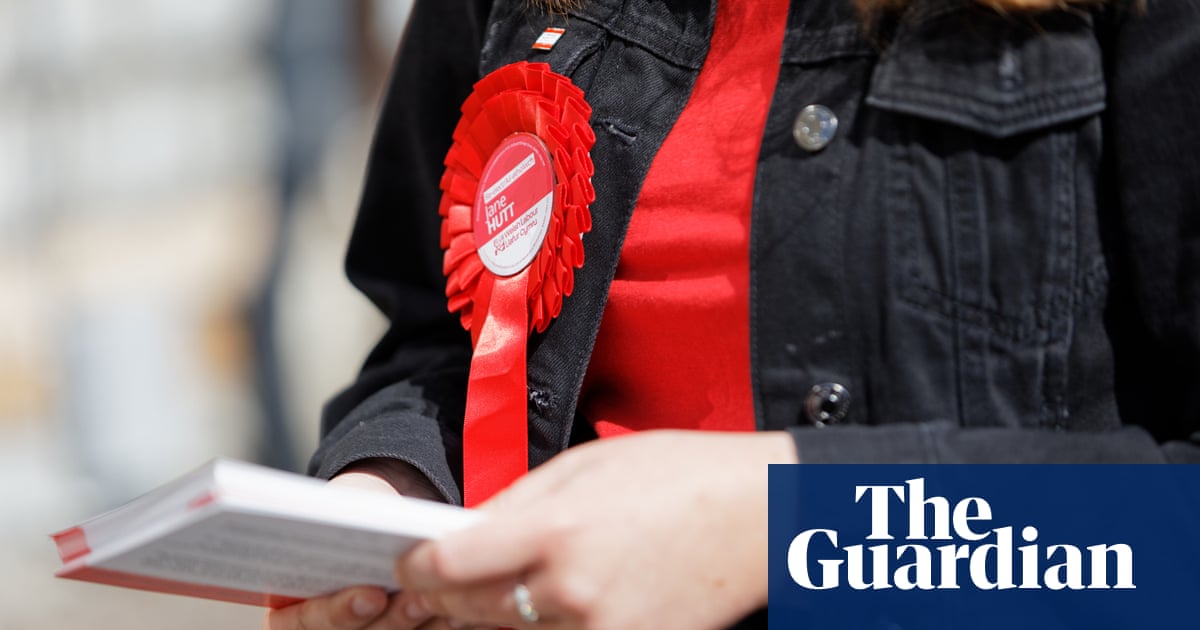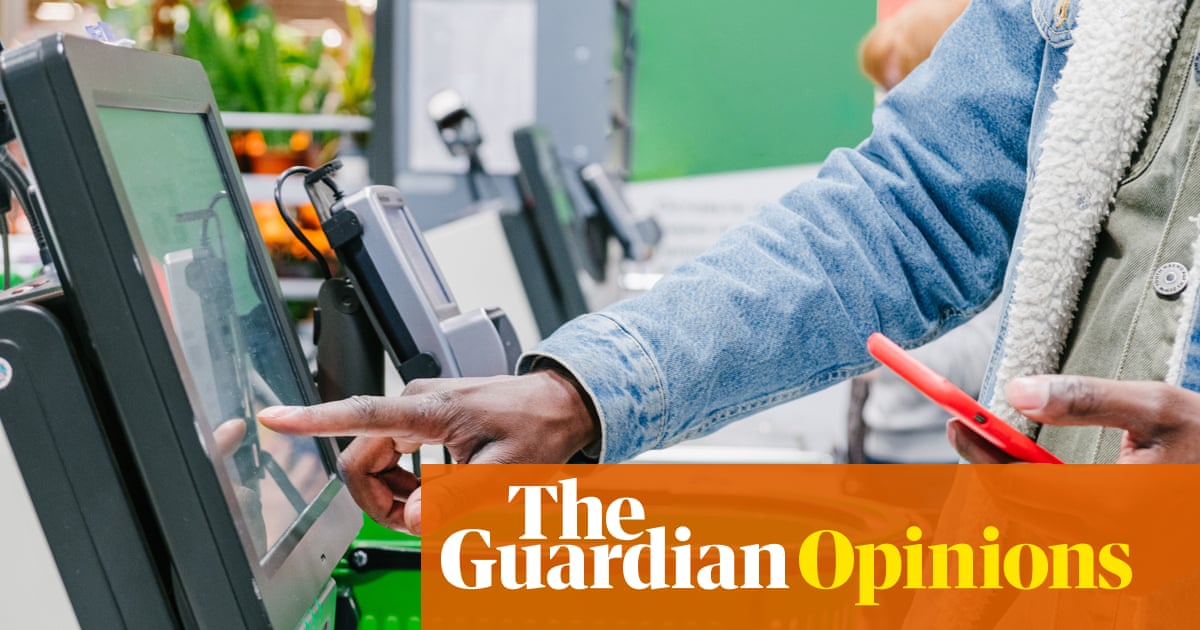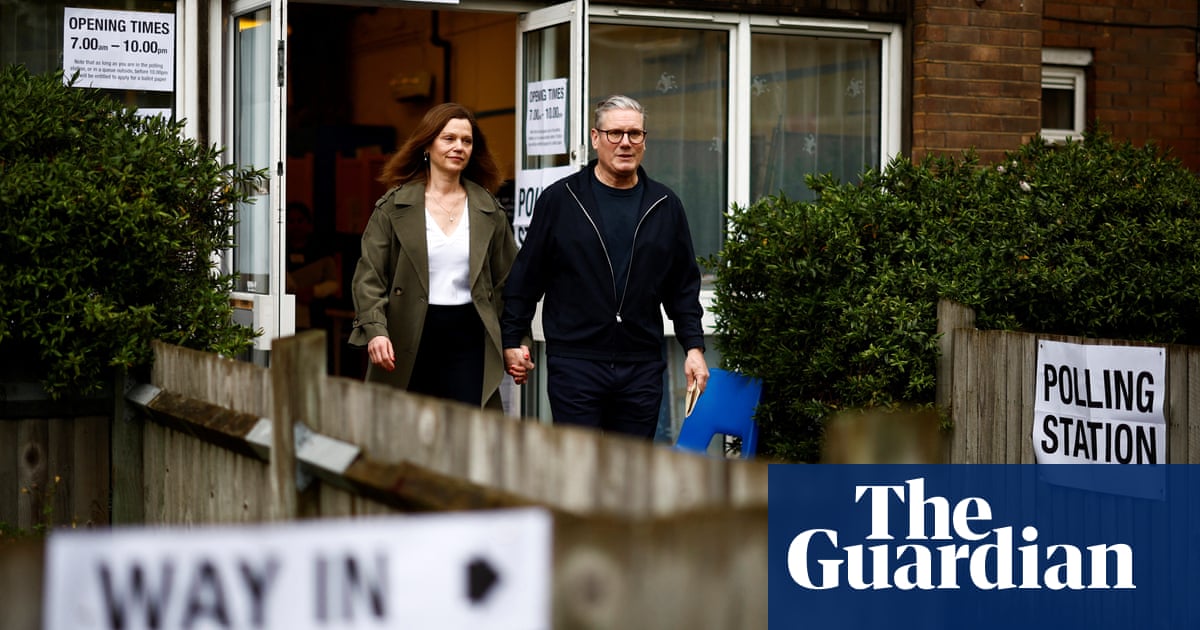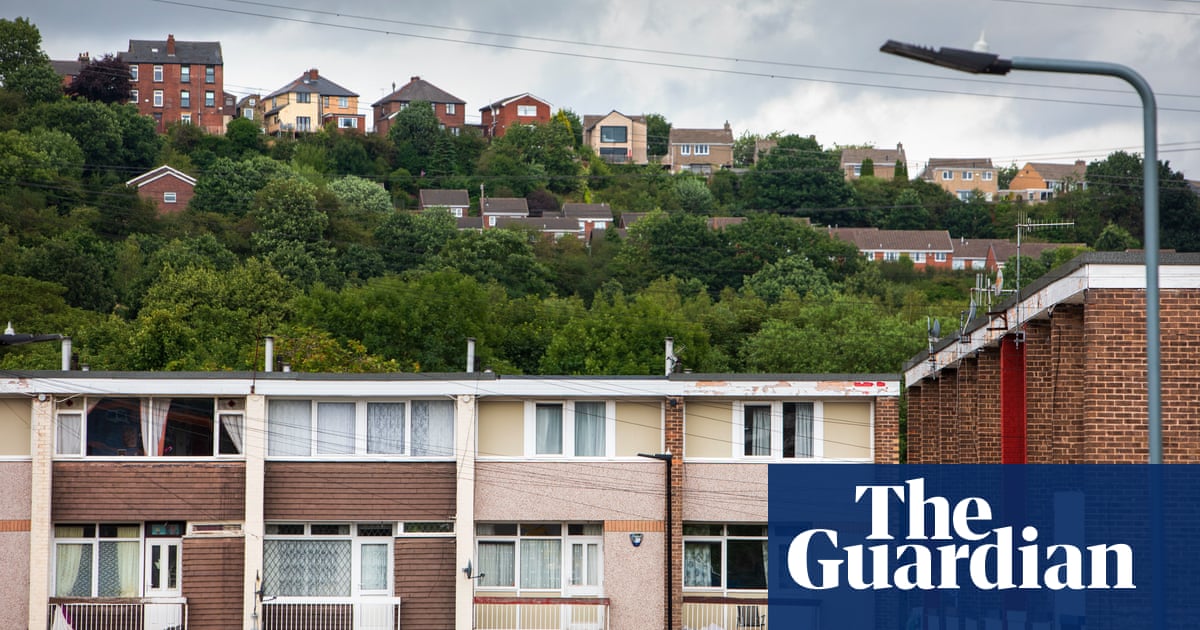
Among the many excellent points made by Aditya Chakrabortty, the role of governments in the reproduction of voters’ attitudes and preferences receives too little attention (Heading isolated and paranoid into the night, these are the voters our politicians created, 4 January). As he notes, the neoliberal inspired attacks on trade unions and the hollowing out of the welfare state since the 1980s were particularly influential in the apparent decline in working-class solidarity. Despite these assaults, the purveyors of neoliberalism still meet stubborn resistance among the British public, just over half of whom favour increasing taxes to spend more on health, education and social benefits, with only small differences between Labour (61%) and Tory (46%) voters.
The British Social Attitudes survey also finds that two-thirds agree that ordinary working people do not get their fair share of the nation’s wealth. This bedrock of support for social democracy is waiting for Labour to articulate its priorities and to bring back a glimmer of hope.
Alan Walker
Professor of social policy, University of Sheffield
Proportional representation would make a difference to election outcomes, but many, feeling their vote does not count, do not vote. Democracy is a theory that requires the practical use of altruism. By that I mean voting for the good of the many, not the self-interest or the good of the few. This, of course requires proportional representation in order to be fully democratic.
Katharine Brown
Washington, Tyne and Wear












